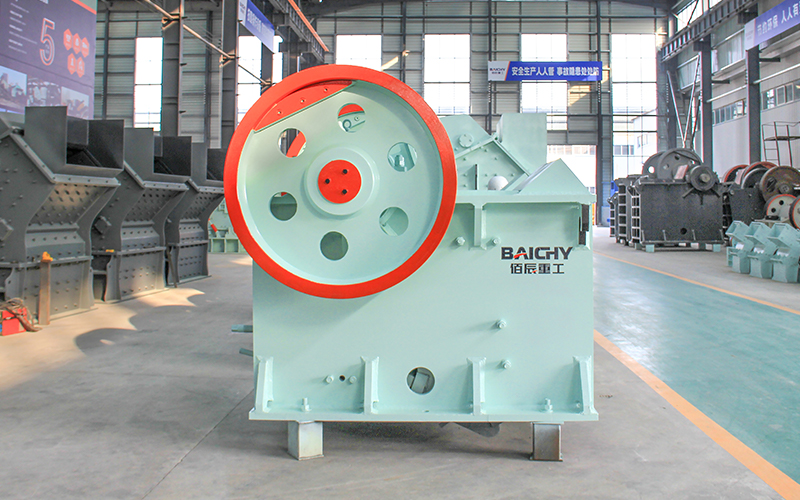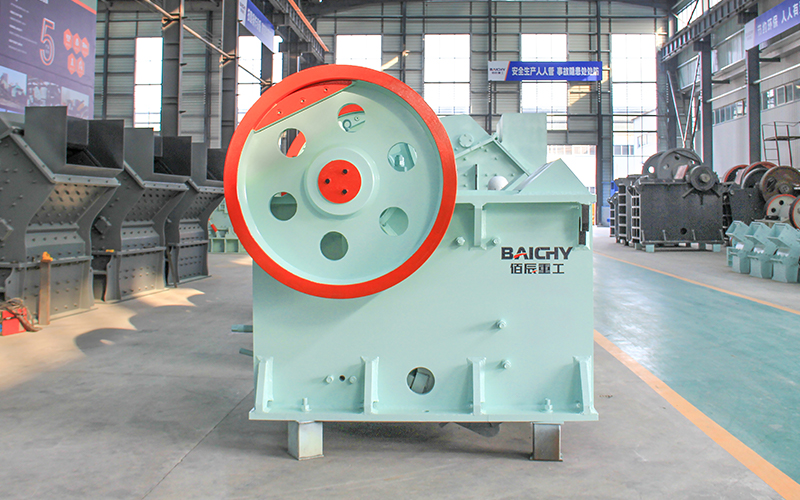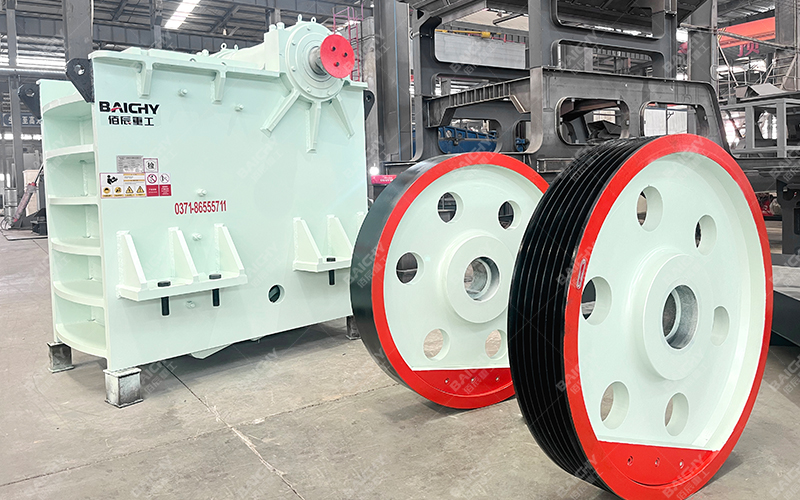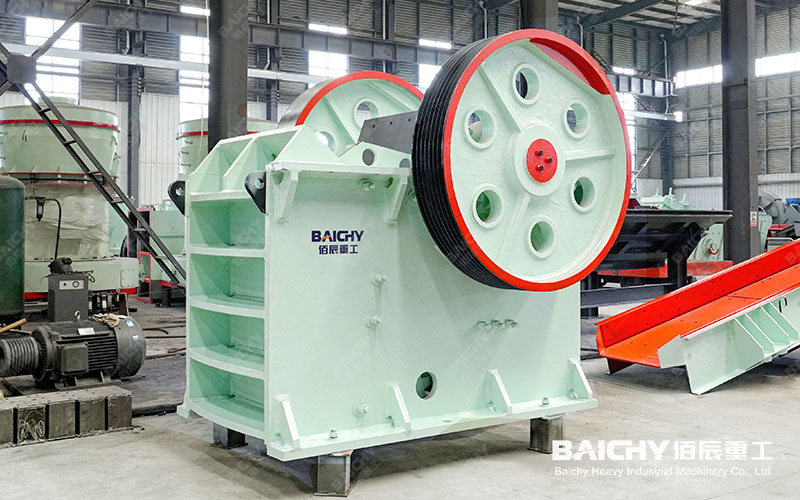Baichy Machinery is a famous Mining Machinery Manufacturer and Exporter, integrating R&D, design, sales, and after-sale services, focusing on stone crushers, powder grinding mills, mobile crushing plants &mineral processing equipment. Based on solid technology, an advanced management system & high-quality products, We have grown quickly into one of the most important manufacturing bases of China's mining industry, and exported products to over 80 countries including South East Asia, Middle Asia, Africa, Middle East, widely used in global mining and construction industries.

Baichy Machinery's fixed crushing production line mainly consists of a feeder, jaw crusher (coarse crushing), impact crusher/cone crusher (medium and fine crushing), vibrating screen, belt conveyor, and other equipment. This kind of production line is suitable for long-term and stable crushing operations at a fixed site.
The main advantages of the fixed crushing production line lie in the maturity of its conventional process layout, construction, and operation, as well as the large-scale equipment selection. However, it also has some shortcomings, such as large floor area, high requirements for site selection, large civil construction investment, long construction period, difficult management, high crushing costs, and after the ore is mined, all civil construction projects cannot be reused, etc.

When selecting a fixed crushing production line, these factors need to be considered comprehensively to determine whether it is suitable for a specific crushing operation project.
The crushing system in stationary crushing production is a key component, which determines the efficiency and performance of the entire production line. The crushing system mainly includes crushing stages and crushing equipment in each stage.
The number of crushing stages mainly depends on the crushing ratio required by the material and the type of crusher selected. The crushing ratio refers to the ratio of raw material particle size to crushed product particle size. When one crusher can meet the requirements of crushing ratio and production capacity, a first-level crushing system is usually used. However, if two or three crushers need to be selected and several stages of crushing are required to meet the requirements, a two-stage or three-stage crushing system will be used.

The more stages of fragmentation, the more complex the system is usually. This will not only increase investment in equipment and civil construction costs, but may also reduce labor productivity, increase regular maintenance costs, and generate more dust points. Therefore, when designing the crushing system, efforts should be made to reduce the number of crushing stages.
As the scale of cement plants and mines expands, the particle size of the materials in the crushing system also increases, and the required crushing ratio also increases accordingly. To adapt to this demand and reduce the number of crushing stages, modern crushers are developing in the direction of large crushing ratio, high efficiency, and large size. For example, the crushing ratio of new jaw crushers, hammer crushers, and impact crushers has been increased to more than 50, which allows large cement plants to use one-stage crushing for limestone crushing, thus simplifying the crushing system and saving space. area and infrastructure investment costs, reducing power consumption and production costs.
In general, the crushing system in stationary crushing production is a complex and critical part that needs to be carefully designed according to specific material properties, production needs, and equipment capabilities.









